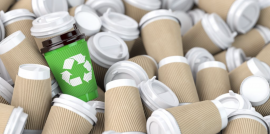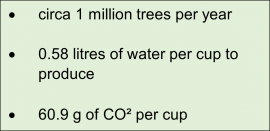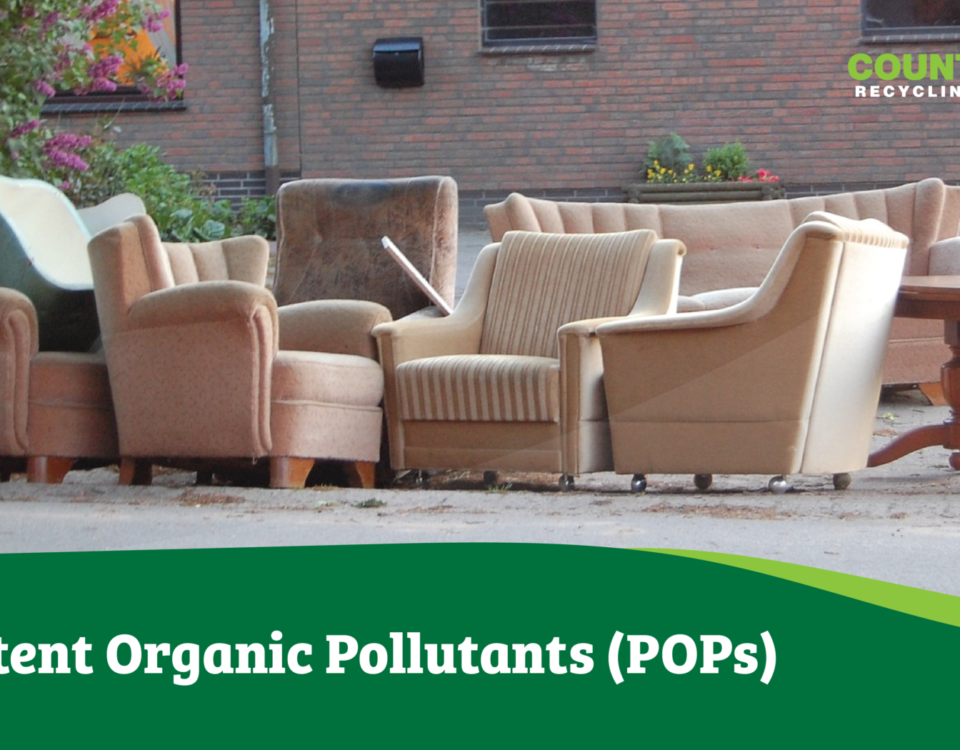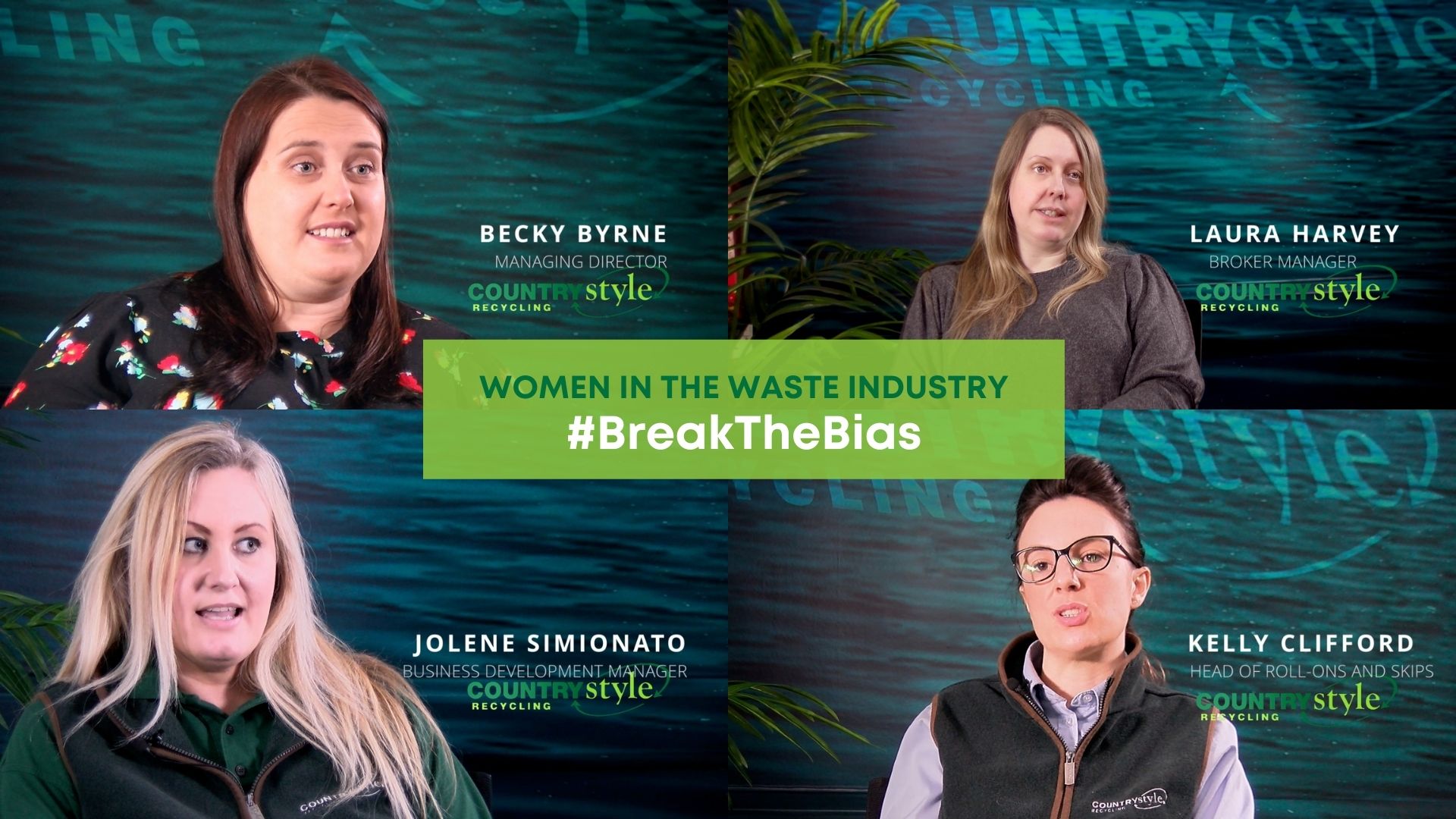
Women in the Waste Industry – Breaking The Bias | Countrystyle Recycling
March 7, 2022THE SANDRINGHAM ESTATE AND COUNTRYSTYLE RECYCLING JOIN FORCES IN MAJOR PARTNERSHIP TO CLOSE THE LOOP ON COMPOSTABLES
June 20, 2022EXTENDED PRODUCER RESPONSIBILITY – TACKLING THE PROBLEM OF THE UK’s 3.2 BILLLION SINGLE USE COFFEE CUPS EACH YEAR!
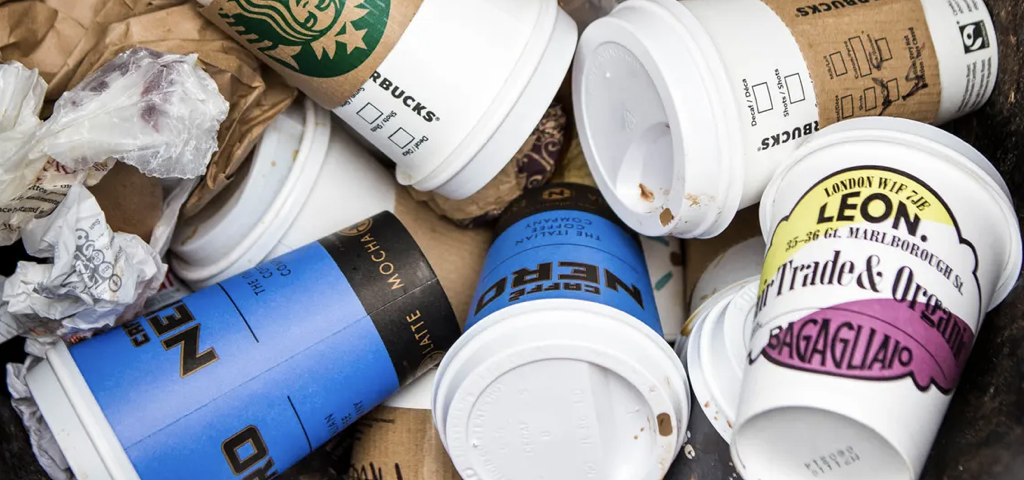
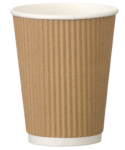 One headline-grabbing outcome from the long-awaited Defra Consultation Responses on the Government’s plans for Extended Producer Responsibility for Packaging issued on 26th March 2022, was the introduction of a mandatory takeback obligation on sellers of filled disposable paper cups.
One headline-grabbing outcome from the long-awaited Defra Consultation Responses on the Government’s plans for Extended Producer Responsibility for Packaging issued on 26th March 2022, was the introduction of a mandatory takeback obligation on sellers of filled disposable paper cups.
What is the Carbon Footprint of the UK’s Coffee addiction?
Are Paper Cups recyclable?
The answer is yes, but currently still only in specialist facilities. They are not currently widely recyclable in most local authority recycling centres. An HM Government Report from 2017* stated that in the UK, less than 1 in 400 (0.25%) coffee cups are recycled.

In order to ensure that disposable cups conform to health and safety requirements, they are made with paper fibre and a 5% polyethylene lining which is bonded together under a high heat. This use of mixed material ensures the strength and safety of the cups, but it renders the cups difficult to recycle. Although both the paper and plastic components of disposable cups are recyclable, the materials need to be separated out, which is a more complicated process than traditional paper recycling.
What is the impact of disposable Paper Cups on littering in the UK?

The same HM Government Report concluded that 4% of disposable coffee cups are littered, equating to 500,000 each day. A Keep Britain Tidy survey of litter on 900 sites across the City of London in 2016/17 reported that 170 sites had some form of branded coffee item littered on them. Non-alcoholic drinks-related litter, including coffee cup waste, is the third most prevalent litter type after cigarette butts and chewing gum, according to Keep Britain Tidy’s 2014/15 Local Environmental Quality Survey of England.
How will the Extended Producer Responsibility for Packaging regulations from the consultation seek to tackle this problem?
HM Government is proposing to introduce a mandatory takeback obligation on sellers of filled disposable paper cups, which will require businesses selling filled cups to provide in-store recycling points and arrange separate collection and recycling of paper cups irrespective of brand or where purchased.
The Defra consultation issued on 26th March 2022 sets out that, if implemented, larger sellers will be required to meet the obligation by the end of 2023, extending to all sellers by the end of 2025, with a potential exemption for small and micro businesses. It would be up to the obligated seller as to how they choose to meet the obligation. In addition to the mandatory takeback obligation, Government is also intending to announce a recycling target for fibre based composite packaging from 2026, which would include disposable fibre-based cups.
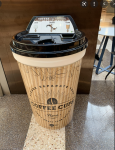
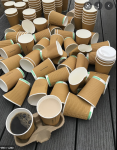
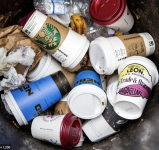
A takeback scheme would involve sellers of filled fibre-based composite cups providing a dedicated receptacle(s) for these cups to be disposed of by consumers, enabling the cups to be collected and sent for recycling. This may be through individual arrangements with waste management companies, or sellers may choose to join an existing scheme, where the bins, collection and recycling of these cups are handled by a separate company. Either route would involve a specific bin being available for consumers’ use. Sellers, distributors, service providers and importers of disposable paper cups will also be required to report annually on where their packaging is placed on the market. In the first year, the reporting deadline will be December 2024 (for data for 2023).
Is there a viable and sustainable alternative to single use disposable cups?
If everyone had time to stop and have their coffee out of a washable reusable ceramic cup, then the answer would be yes. However, the UK coffee market is worth £15bn (most of which is on-the-go coffee), so disposable paper cups will take legislative change and time, as well as will-power to cease being an issue contributing to Climate change. There is much debate about the true sustainability credentials of the numerous plastic reusable coffee cups on the market at present. CIRAIG, a sustainability research institute, says that you need to reuse cups between 100 and 250 times to make them ‘environmentally preferable to single-use cups’. That’s because of the resources it takes to make them and repeatedly wash them up. If you want to use a reusable coffee cup make sure its stainless steel and wash it out regularly with cold or lukewarm water, not using any detergents.
A viable and sustainable alternative is plant-based compostable foodservice packaging made from renewable, lower carbon, recycled or reclaimed materials. Vegware is a market leader in such foodservice packaging and their products are designed to be commercially compostable with food waste. Learn more about the joint venture that Countrystyle Recycling and its sister company, Envar Composting, has with Vegware in composting foodservice products, including single use coffee cups across Cambridgeshire.


